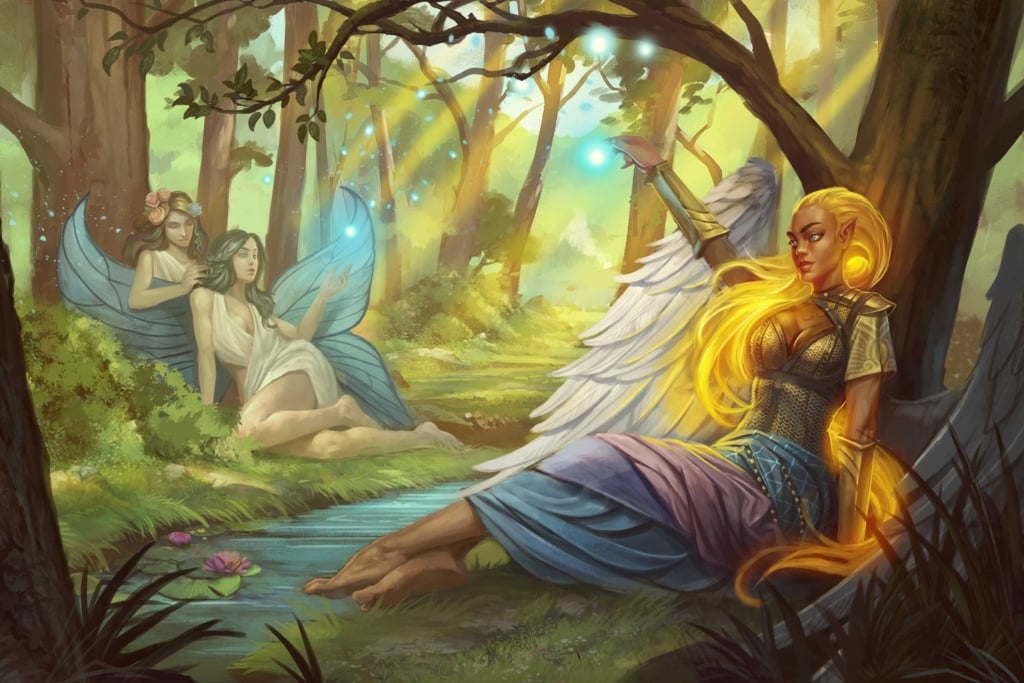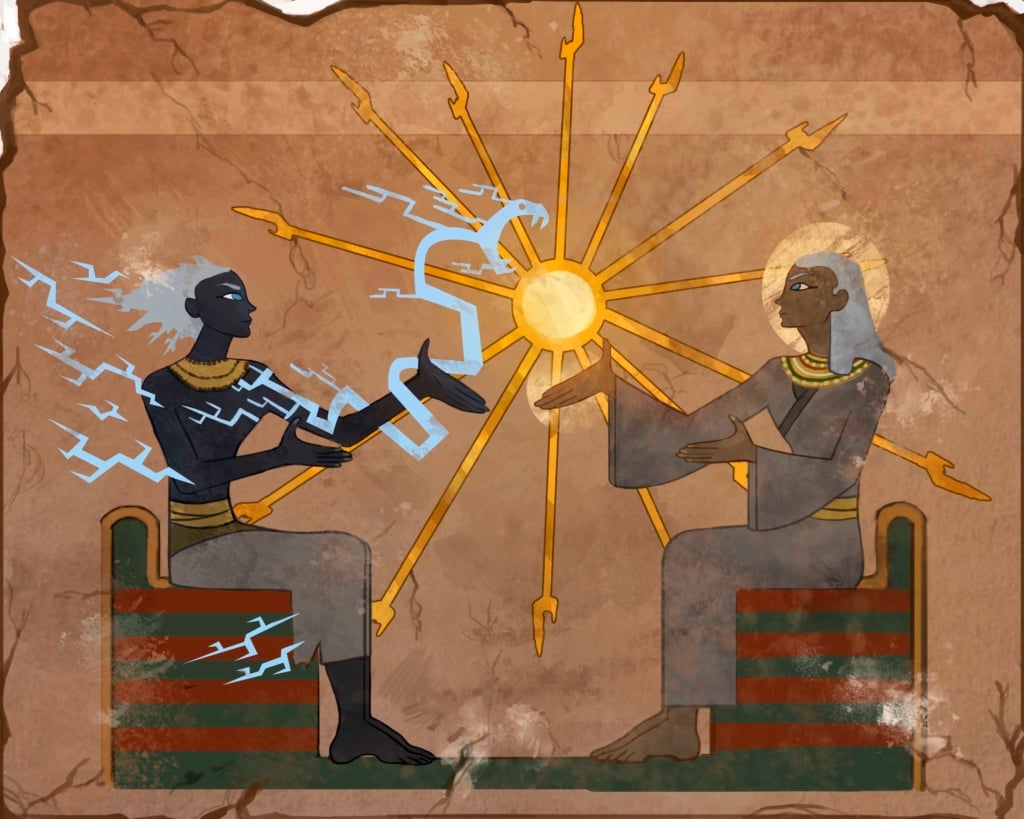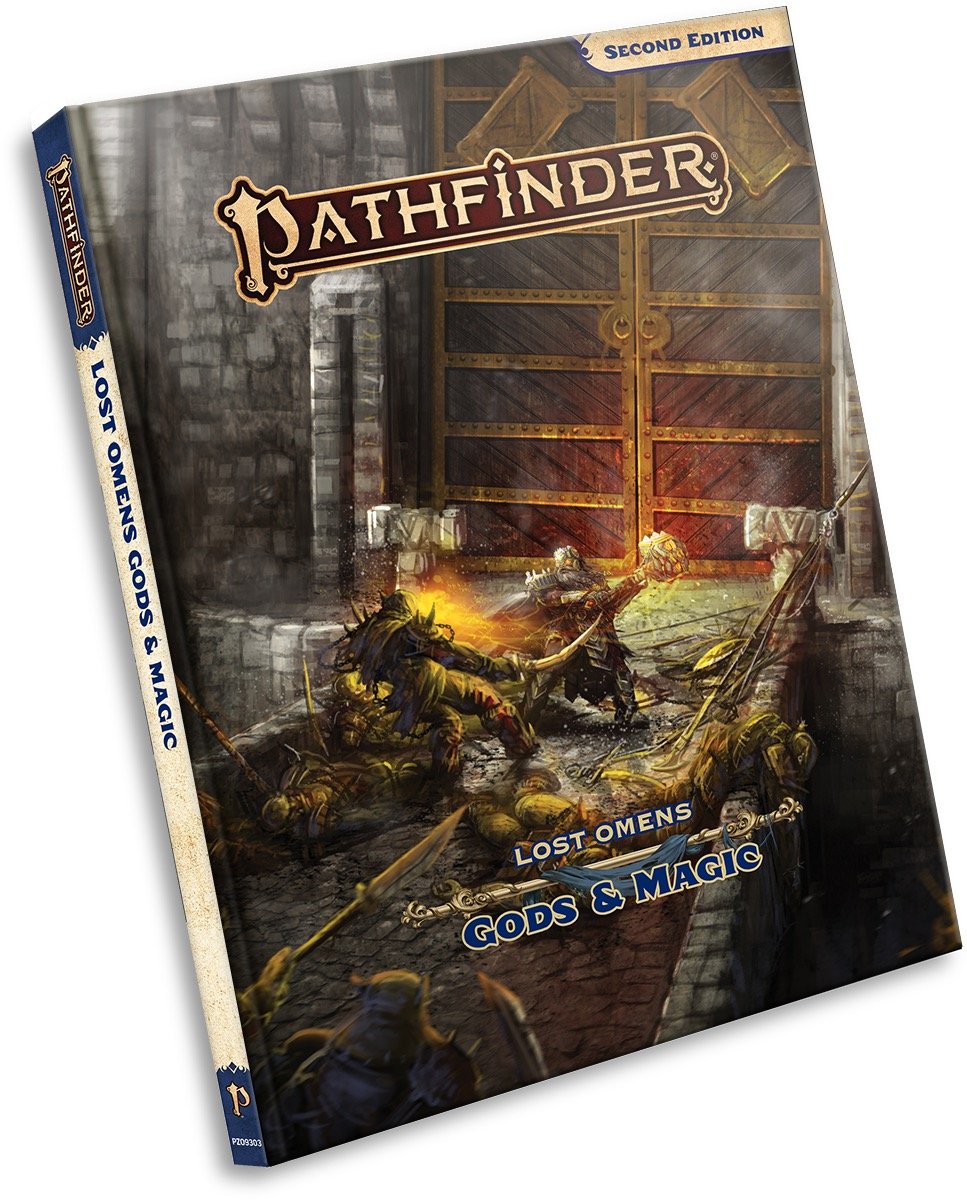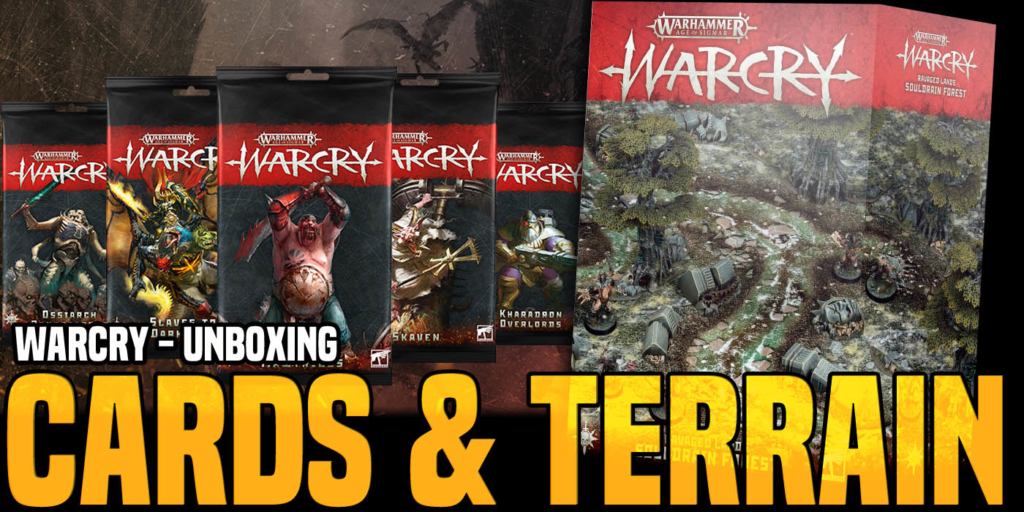Pathfinder: Picking A Pantheon – Lost Omens Gods And Magic Preview
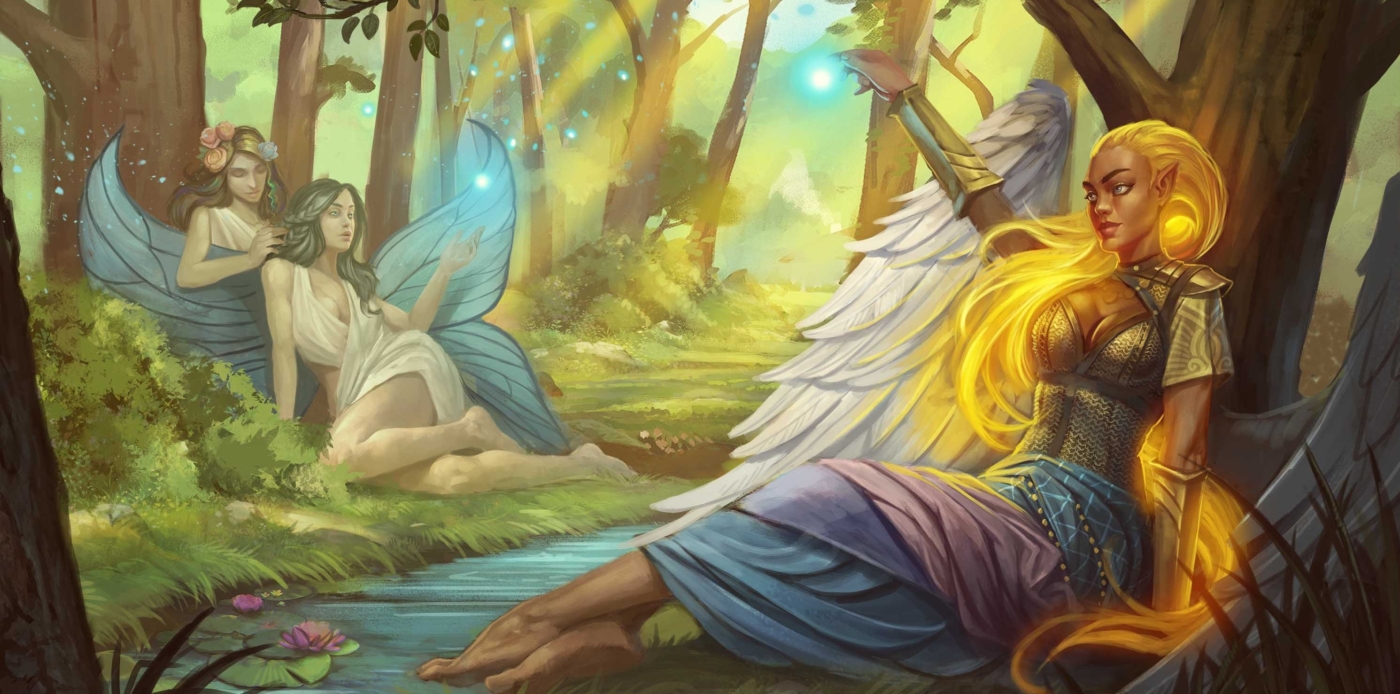
Come and take a look at some of the new ways that you can play a follower of a pantheon, which is one of the focuses of the new Gods and Magic book.
Pathfinder is a game of gods and magic, and the book Age of Lost Omens: Gods and Magic doubly so, given that they’re in the name of the book. But in most fantasy RPGs when you follow a deity it’s just one–Pathfinder 2 wants to represent pantheons of deities mechanically speaking, which they introduce in the newest supplement for the Lost Omens setting: Gods and Magic. Let’s take a look.
via Paizo
Gods & Magic introduces new rules for worshipping pantheons. A character can choose to worship a pantheon, which is very similar to the worship of an individual deity. A pantheon features a stat block with its own set of alignment restrictions, domains, edicts, anathemas, and so on, thus following the same rules as the worship of a single deity. Pantheons do have a wrinkle, however. Instead of simply worshipping the pantheon, a character must also select a patron deity among those that are part of the pantheon. Think of the patron deity as a character’s focus or guide to the specific pantheon. A character worshipping a pantheon must follow the edicts and avoid the anathemas of both the pantheon and patron deity, with the patron’s edicts and anathema taking precedence. Having a patron deity prevents a worshipper from becoming caught between mutually exclusive edicts and anathema from all the gods they worship as the worshipper can ultimately fall back on the patron’s requirements in conflicting or unusual situations.
Essentially, following a pantheon is a lot like following a deity, only you have more edicts to follow. What is an edict or an anathema? These might be simple rules that a given pantheon espouses, while anathemas are profane desecratory acts (from a certain point of view) that followers of these deities should avoid at all costs. Here are a few sample pantheons to give you a taste of what to expect in the book:
Dwarf Pantheon
- Alignment LG (LN, NG, N)
- Areas of Concern Ancestry, crafting, dwarves, relationships
- Divine Font heal
- Divine Ability Constitution or Wisdom
- Divine Skill Diplomacy
- Domains creation, family, protection, wealth
- Alternate Domains duty, glyph
- Cleric Spells 1st: ant haul, 4th: creation, 7th: retrocognition
- Edicts develop skills useful to your community (especially mining, crafting, and trading), honor your ancestors through traditions and rituals
- Anathema dishonor your family, willingly break a contract or oath, irreparably damage an ancestral relic
- Favored Weapon warhammer
The book also contains rules for creating your own pantheon. “You could consider gods who are each other’s’ allies. Desna, Shelyn, and Sarenrae all work together in their fight against evil and are even known to be lovers.” Here’s a sample pantheon containing all three.
The Prismatic Ray
- Alignment NG (LG, NG, CG)
- Areas of Concern Defeating evil, guarding innocents, and wholesome creations
- Divine Font heal
- Divine Ability Wisdom or Charisma
- Divine Skill Diplomacy
- Domains creation, moon, protection, sun
- Alternate Domains family, healing, travel
- Cleric Spells 1st: sleep, 3rd: fireball, 4th: creation
- Edicts Create works that inspire good acts, defend those who cannot defend themselves, pursue evil
- Anathema allow evil to spread, destroy that which brings joy to others, fail to offer evil a chance to surrender
- Favored Weapon shortsword
Or if you prefer something with a slightly more egyptian feel:
Wards of the Pharaoh
- Alignment NG (LN, NG, N, CG)
- Areas of Concern Abjuration magic, protection, self-improvement
- Divine Font harm or heal
- Divine Ability Constitution or Intelligence
- Divine Skill Medicine
- Domains Family, knowledge, magic, protection
- Alternate Domains glyph*, healing
- Cleric Spells 1st: soothe, 4th: resilient sphere, 9th: disjunction
- Edicts Use magic to defend yourself and your allies, maintain magical wards, seek greater magical knowledge
- Anathema Destroy wards that are actively protecting innocents, refuse to use your magic to help those in need who ask you
- Favored Weapon staff
All of these will be in the upcoming gods and magic sourcebook.
Pathfinder Lost Omens: Gods & Magic – $34.99
No fantasy setting is complete without a pantheon of powerful deities for its characters to worship or fear. Whether you’re a sneaky rogue asking the god of thievery for a blessing on your next heist or a valorous crusader calling the might of your patron down upon the forces of evil, faith and the forces behind it are key to every character’s identity. Within this volume you’ll find details on the gods and non-deific faiths of the Age of Lost Omens from the perspective of their clergy and lay worshipers. You’ll also discover new domains, feats, and spells to customize your character, and an exhaustive index of hundreds of deities from the Pathfinder setting you can worship (and the mechanical benefits of doing so).
An indispensable 128-page resource for both players looking to flesh out their characters’ motivations and Game Masters aiming to bring the evil cults, zealous evangelists, and holy warriors of their campaigns to life, Pathfinder Lost Omens Gods & Magic is an essential addition to any Pathfinder Second Edition campaign!
Happy Adventuring!

